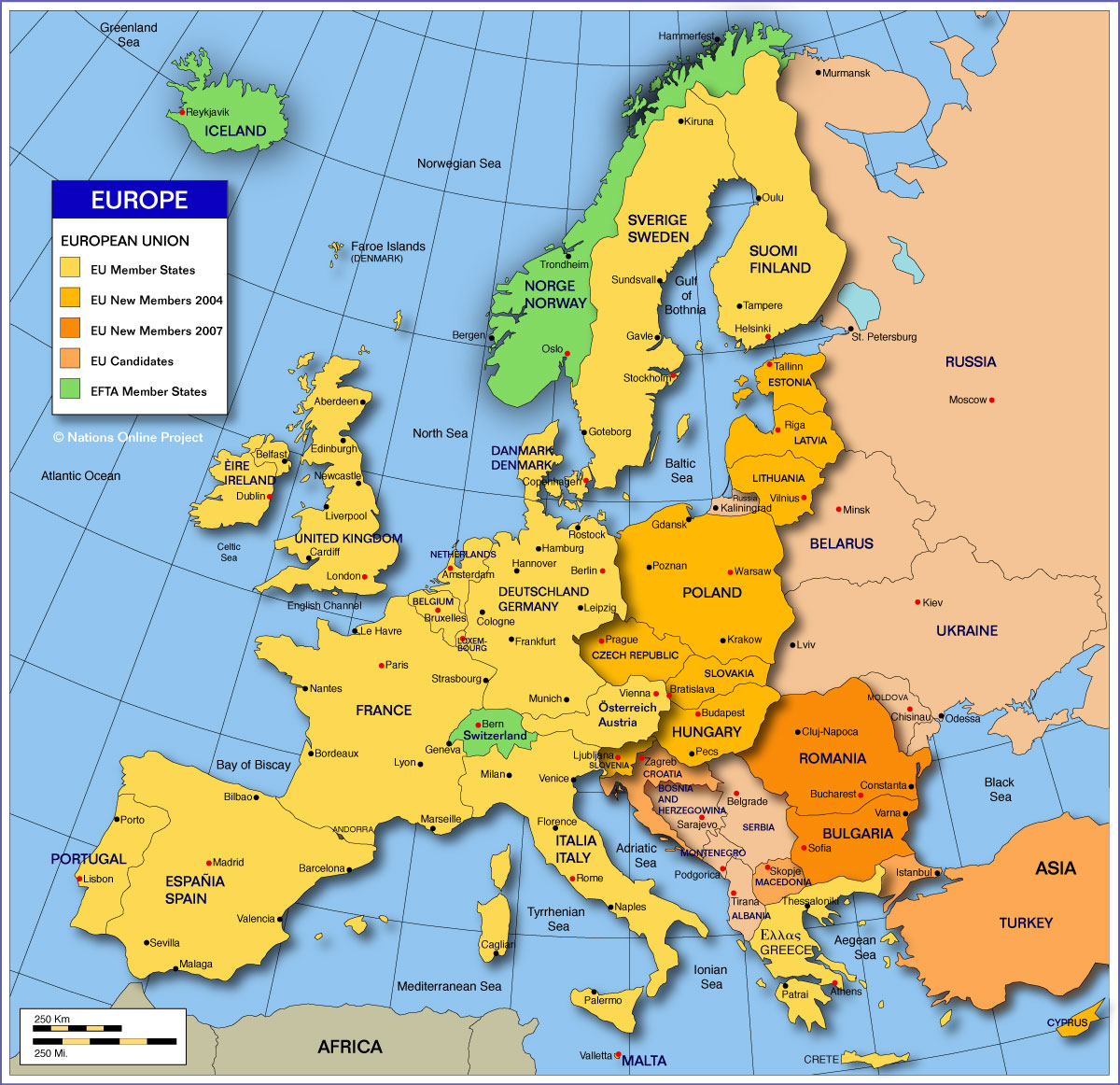The grand plan–the grand bargain–to save Europe’s financially weakest nations, met with more skepticism as the hours after its create passed. Widely consider too little in terms of money and too late in terms of halting a sovereign disintegration that has already well in progress, it has been rejected by many experts and political leaders already.
Germany and France struck an uneasy partnership to craft the solution. The Wall Street Journal writes:
In the end, though, the compromise meant no far-reaching changes are in sight. As the crisis accelerated through the summer and fall, a flurry of proposals emerged for big changes to the bloc’s core structures—such as common euro bonds for raising debt, or a “European finance minister” with sway over national budgets. The ideas quickly died in the face of resistance from Germany and other countries.
And, within a few weeks, or even a few days, capital markets investors will likely decide that the paper of nations which include Italy and Spain is no safer than before, because the size of the amount put into a new financial facility and the role of the IMF will together be inadequate
Reuters reports that
The International Monetary Fund cannot be expected to step in as a substitute for a stronger commitment by Europe which needs to assume the brunt of any losses on emergency loans, a senior US official said on Friday
The market rally, fed by optimism about Europe, is about to end
Douglas A. McIntyre
Thank you for reading! Have some feedback for us?
Contact the 24/7 Wall St. editorial team.





